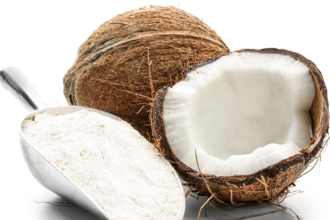Addiction is a disease that is entering our lives more and more at present. Maybe not directly, but many of us will have family members who are struggling with the likes of alcohol and drugs, particularly opioids presently, as the number of cases continue to increase worldwide.
Addiction can be an incredibly challenging period, not just for the people living with it but those supporting them too. When it comes to family members and parents or grandparents especially, we often worry that if they end up in a private rehab centre does that mean we will too? Is it genetic and actually, addiction troubles are coming our own way?
It’s not quite as simple as that. However, there are parts of our genetic make up that could make us more susceptible to addiction if we don’t manage our relationship with substances responsibly.
Impulsivity
One of the main risks of addiction is having an impulsive personality. Impulsive behaviour increases the risk of addiction as people who act impulsive are more likely to engage in risky behaviours without considering the consequences. It’s a lack of control that can make it more difficult to resist the likes of addictive substances and once that seal has been broken it can be challenging to regulate and moderate consumption, heightening the risk of developing an addiction.
Sensation Seeking
Thrill seekers look to find that sensation where they can, and while rollercoasters and adventures can be good enough for some people, it can increase the risk of following an entirely different pathway towards substances.
It’s important to channel sensation seeking traits into healthy activities such as getting out into the great outdoors and taking on the adrenaline rushes of skydiving, rock climbing or other similar activities rather than the thrills people often find from gambling or drugs.
Low Self-Esteem
Mental health challenges such as low self-esteem is unfortunately a real gateway for substance abuse. They’re often used as coping mechanisms to relieve the feelings of inadequacy, worthlessness and emotional distress that comes with low self-esteem.
For people suffering with the trait, it’s important to find healthy coping mechanisms and seek support to avoid falling into the trap of self-medication and the increased risk of addiction as this creates a cycle of destruction that really can ruin a person’s life.
Stress and Trauma
Similarly, significant stress and trauma can increase the susceptibility to addiction as people seek ways to cope with the overwhelming emotions of it all. Like low self-esteem, the best medicine is to seek help rather than use substances to try and relieve the pain.
By visiting a mental health expert you’ll learn more valuable coping mechanisms that will not only allow you to relieve stress in the short term, but provide you with the tools to manage it long-term too.
Genetic Predisposition
Finally, there are genetic factors that can play a part. Individuals with a family history of addiction are more likely to inherit those vulnerabilities and heighten the risk of addictive disorders.
Of course, these don’t define a person’s destiny, but understanding that they are there can be really useful in managing your relationship with substances and treading carefully around them.















